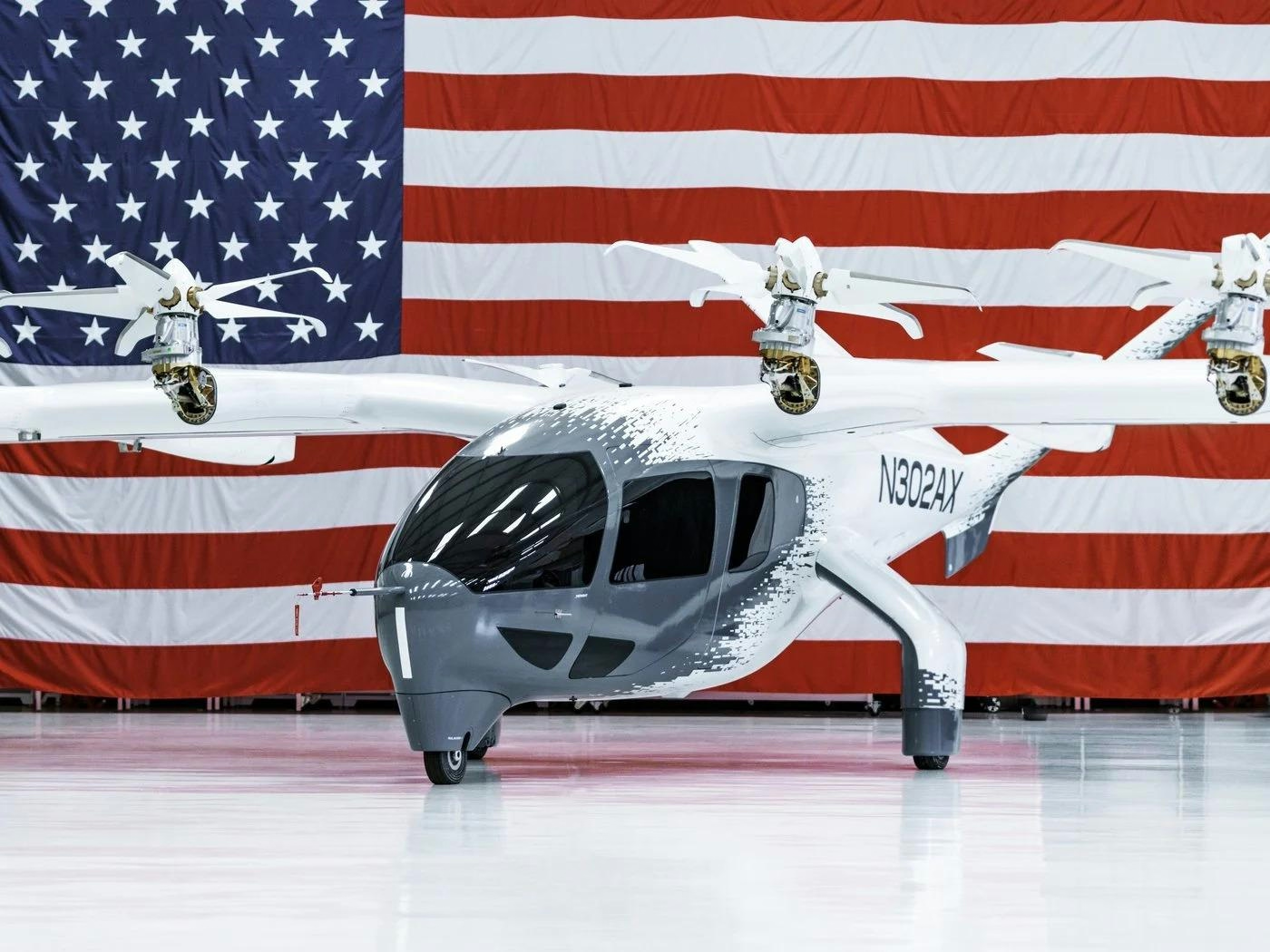
AeroGenie — あなたのインテリジェントな副操縦士。
現在のトレンド
Categories
AutoFlight's Floating Platform for Air Taxis Could be a Game Changer
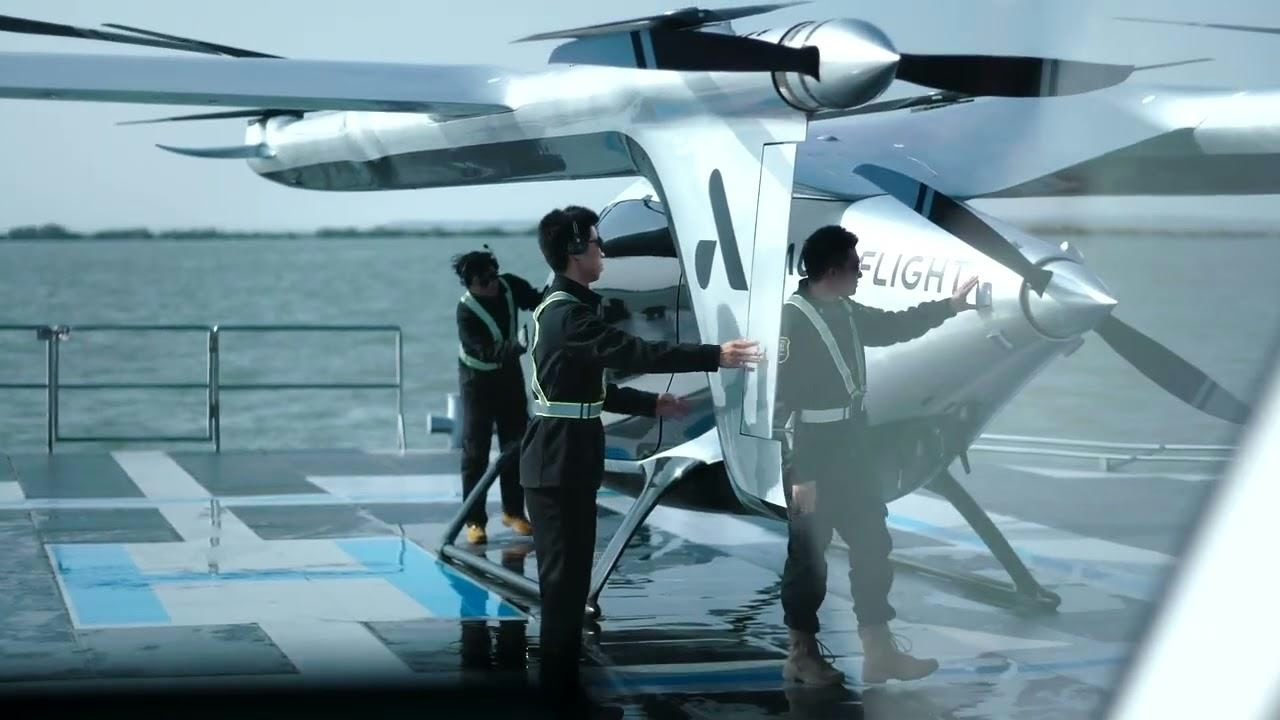
AutoFlight Introduces Solar-Powered Floating Platform for eVTOL Air Taxis
AutoFlight has revealed a pioneering development in urban air mobility: a solar-powered floating platform designed specifically for electric vertical takeoff and landing (eVTOL) air taxis. Created in collaboration with battery manufacturer CATL, this platform represents the world’s first dedicated landing site for eVTOLs on bodies of water such as rivers, lakes, and open seas. By situating infrastructure offshore, the platform aims to circumvent the spatial limitations and regulatory complexities often associated with land-based facilities.
The platform operates entirely on renewable solar energy supplemented by stored battery power, ensuring zero emissions during operation. Its modular construction allows for rapid deployment within days, a significant advantage for coastal cities where land availability is limited and construction projects typically face extended timelines. The floating deck integrates solar panels and an energy storage system capable of recharging aircraft swiftly, alongside a passenger lounge designed for boarding. On-site technicians can conduct diagnostics and flight planning, while real-time communication systems maintain continuous contact between pilots, ground control, and dispatchers to optimize routing and operational efficiency.
Compatibility, Operation, and Challenges
AutoFlight’s entire range of eVTOL aircraft, from the heavy-lift White Shark to the six-seat Prosperity passenger model, is compatible with the platform. Both the aircraft and the platform are powered by CATL’s high-safety batteries, which are engineered to perform reliably even under demanding marine conditions. The system is scalable, with single units serving remote locations and multiple platforms capable of linking together to accommodate high-traffic routes.
In typical operations, an eVTOL lands on the floating deck where solar-charged batteries can recharge the aircraft in approximately one hour. This process eliminates the need for fuel trucks, reduces emissions, and minimizes noise pollution. Flight paths are determined by pilots or automated systems based on weather conditions, air traffic, and cargo requirements. The platform also supports emergency operations, including supply deliveries and rescue exercises, as demonstrated recently over China’s Dianshan Lake.
Despite its innovative design, the platform faces significant challenges before widespread adoption can be realized. Regulatory approval for floating aviation infrastructure remains a major obstacle, with safety standards and airspace integration still under development. Additionally, concerns persist regarding the maturity of eVTOL technology and the resilience of the supporting infrastructure, factors that may temper investor confidence. While the urban air mobility sector is buoyed by enthusiasm, many stakeholders emphasize the necessity for proven reliability and clear regulatory frameworks.
Market Competition and Future Prospects
The competitive landscape in urban air mobility is intensifying. Established companies such as Uber and Joby Aviation are likely to respond with increased investments or strategic partnerships to maintain their market positions. The success of AutoFlight’s floating platform could accelerate innovation across the industry, prompting rivals to expedite their own developments in the race to shape the future of urban transportation.
As cities worldwide grapple with congestion and limited space, AutoFlight’s floating platform offers a compelling vision of a cleaner, more adaptable future for air travel—contingent on overcoming regulatory and competitive challenges.

Vietnam Airlines Sells Airbus A321 Fleet to Arena Aviation Capital in Record Deal
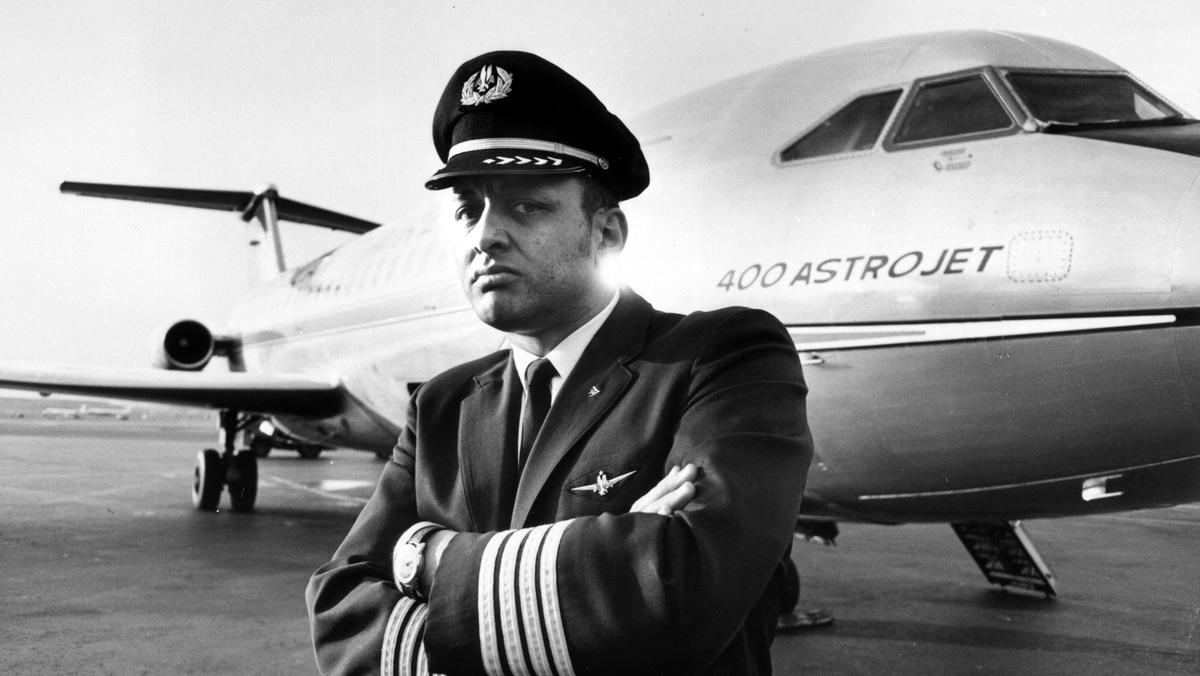
American Airlines at 100: A Century of Innovation in Global Travel
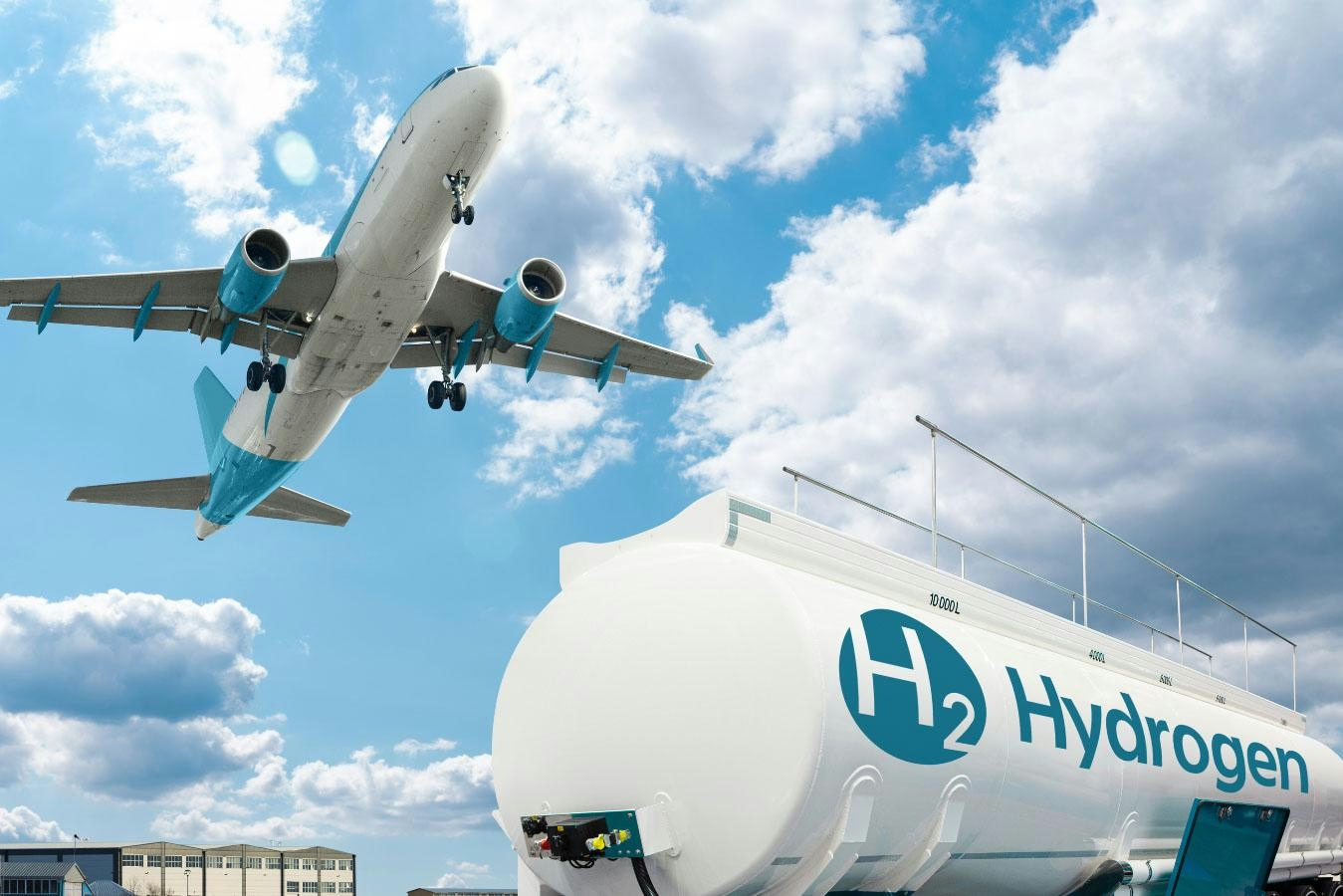
Hydrogen Combustion vs. Fuel Cells: Evaluating Options for Aviation
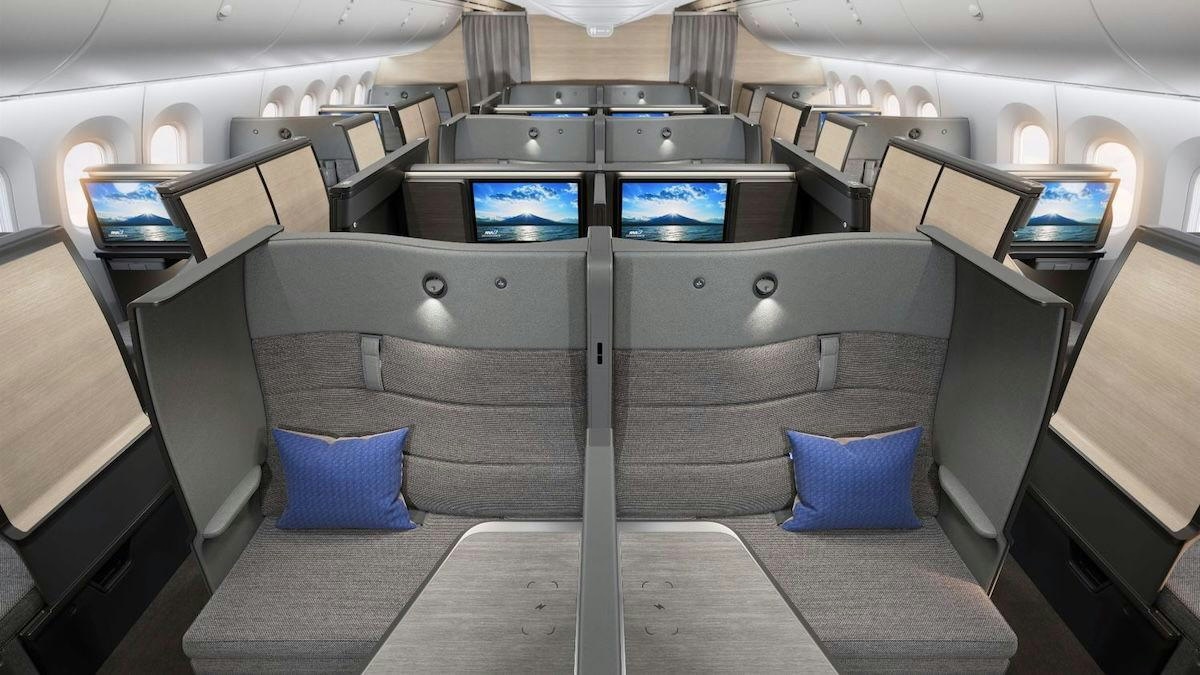
ANA Introduces The Room FX Business Class on Boeing 787 Dreamliners
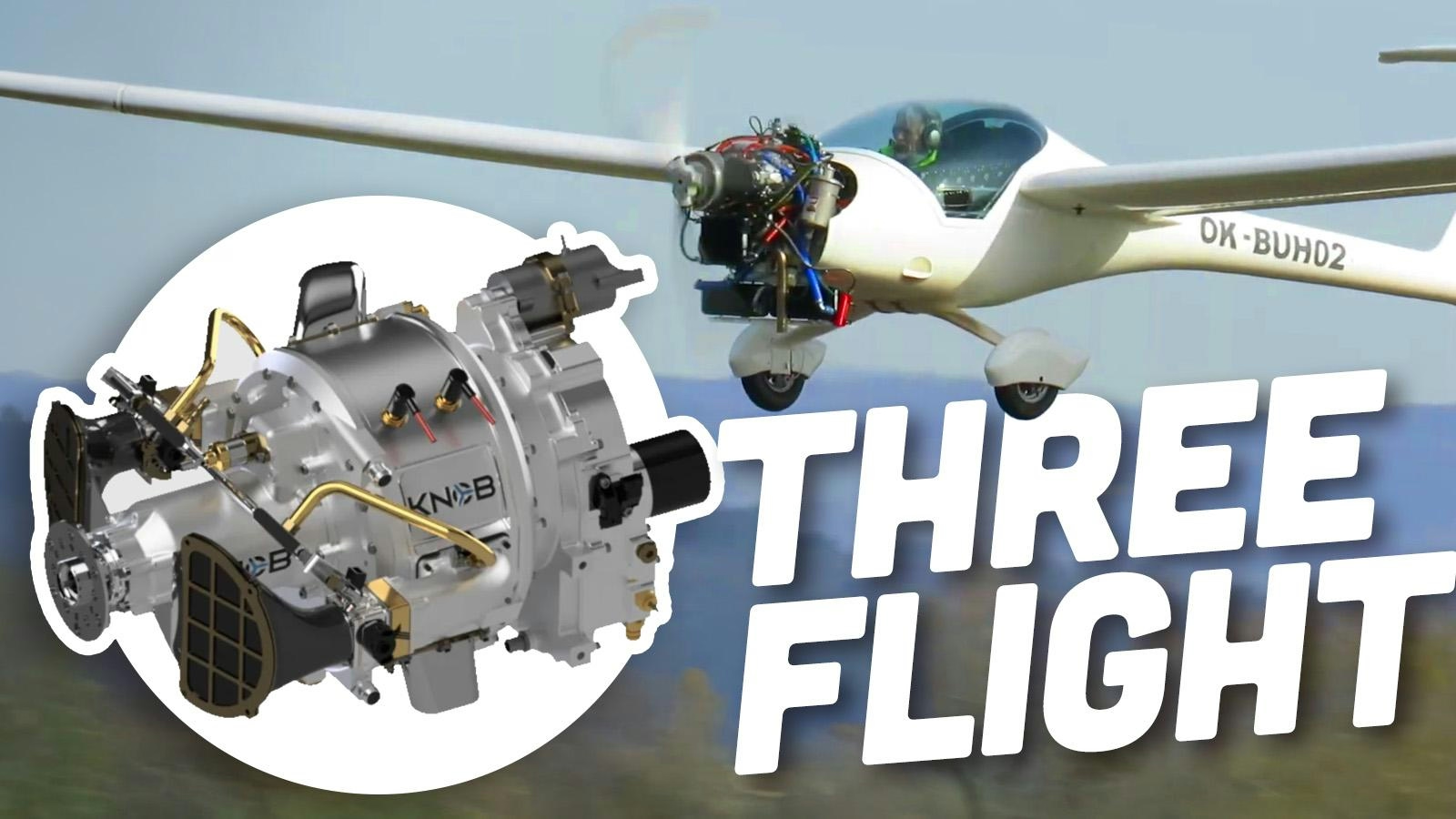
New Three-Cylinder Engine Features Rotating Block and Stationary Head
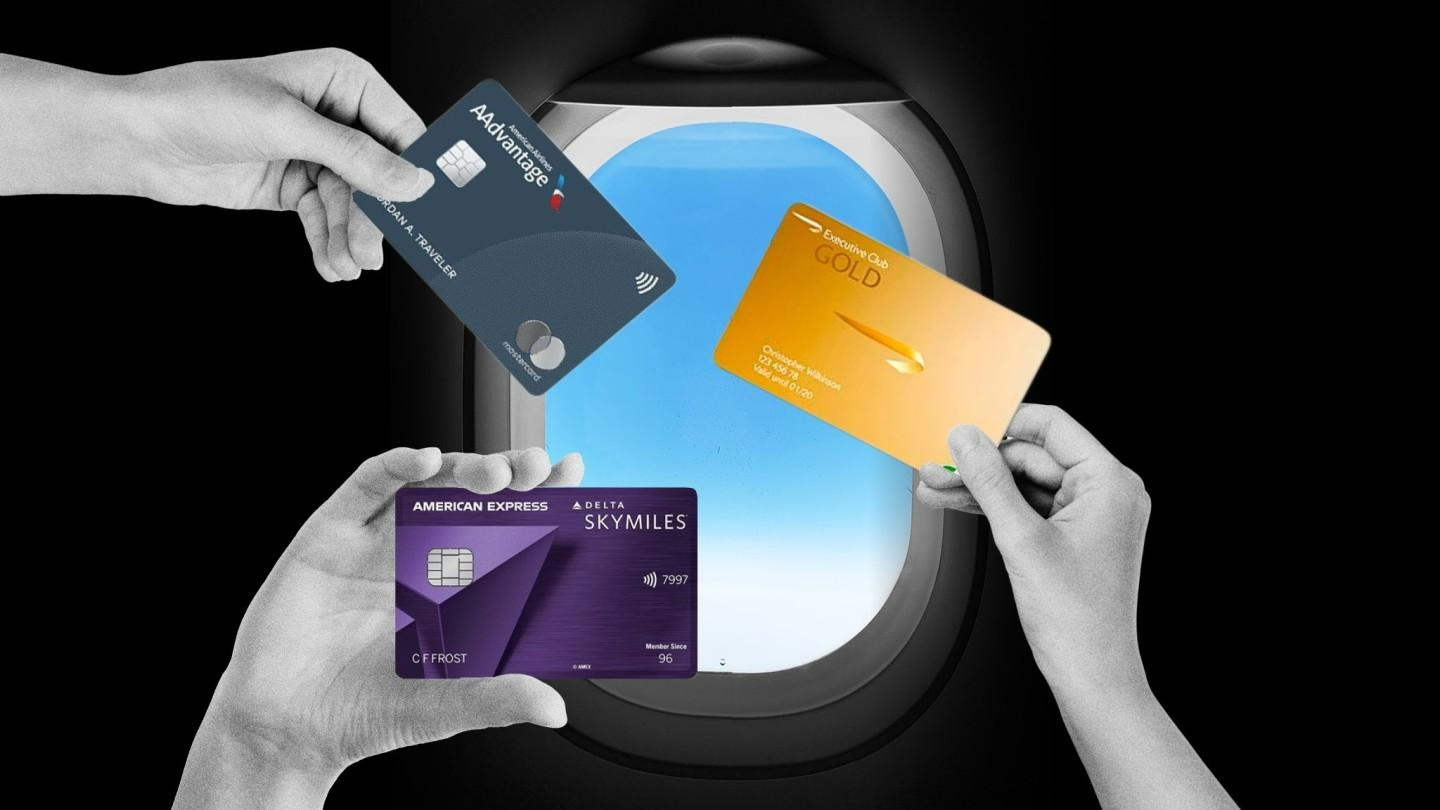
Credit Card Rewards Compete with Airline and Hotel Loyalty Programs
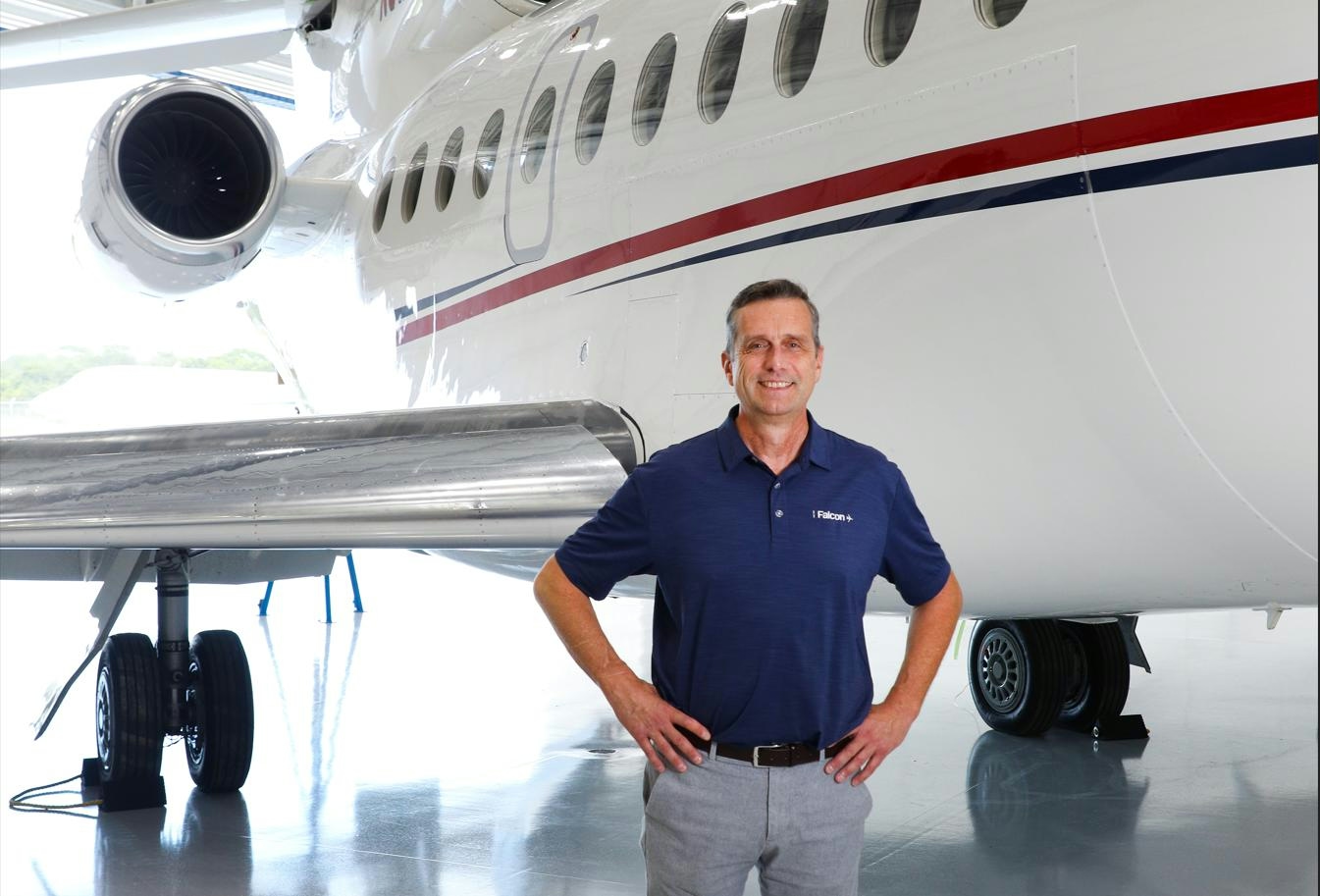
ExecuJet MRO Installs Starlink on Falcon 8X
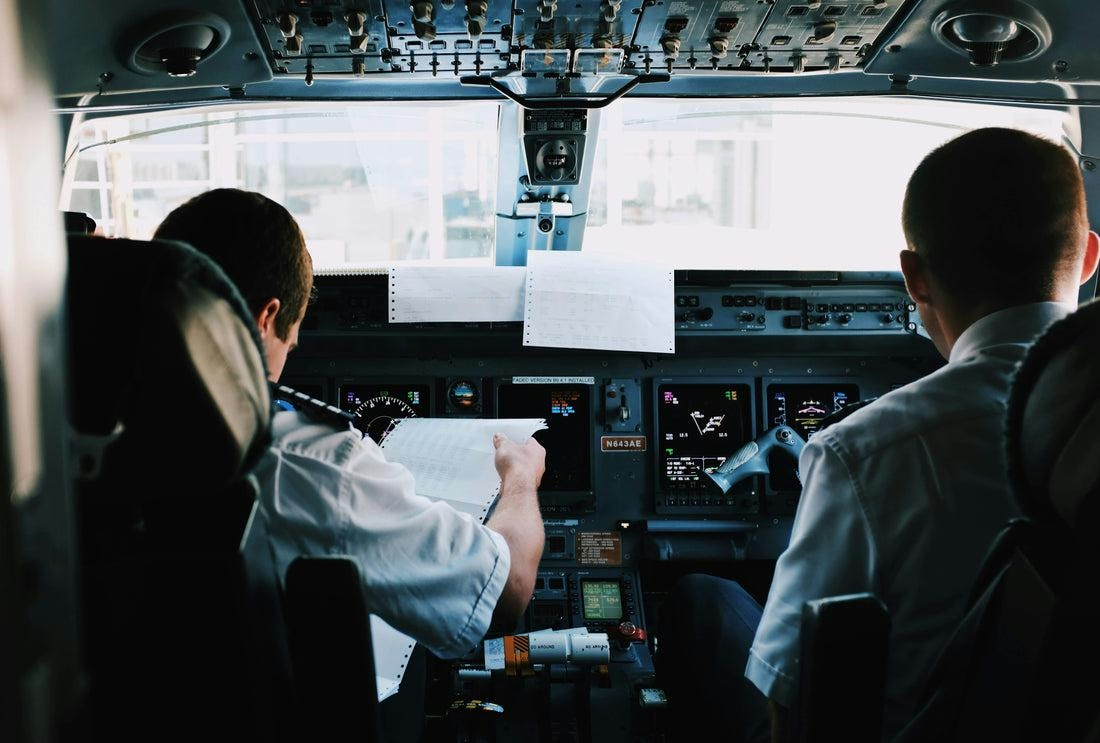
New Airlines Confront Supply Chain and Staffing Challenges
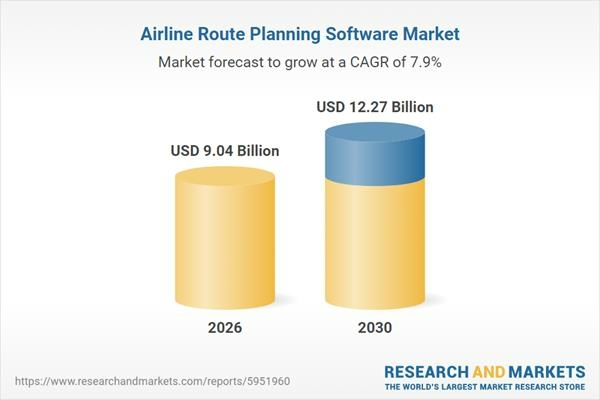
Global Airline Route Planning Software Market Forecasts Through 2035
